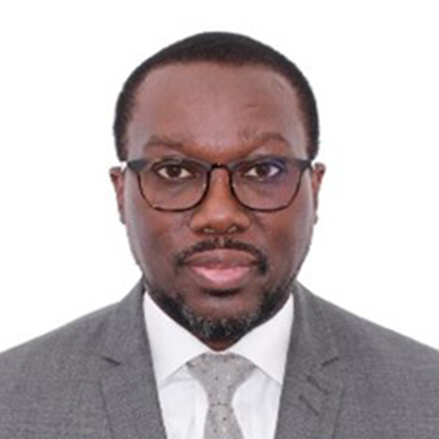Dr. Ndiamé Diop is the World Bank Country Director for Nigeria based in Abuja as of July 1, 2024.
Prior to his assignment, he served as the Country Director for Brunei, Malaysia, Philippines, and Thailand, based in Manila. His notable achievements include more than tripling the World Bank financing to the Philippines to scale up the bank’s support to key economic reforms (policy-based budget support programs) and Philippines’ efforts to close its gaps in nutrition/ stunting, health, social protection delivery, education, agriculture, and digital connectivity. In Malaysia, he oversaw the delivery of a large Malaysia-funded knowledge program aimed at helping Malaysia become a high-income economy through cutting edge economic analyses and technical assistance. In Thailand, he engaged the government to resume World Bank investment lending after a pause of 20 years.
In 2016-2020, Dr. Diop was the head of the World Bank’s Macroeconomics, Trade and Investment unit for Southeast Asia and the Pacific, based in Jakarta and Bangkok. In this role, he oversaw the bank’s 40-plus country economists working in East Asia and the Pacific region and provided advisory and technical support to high-level officials on key macro, fiscal, trade and growth-enhancing reforms.
In 2012-2016, Dr. Diop worked as the Lead Economist for Indonesia. In this role, he worked closely with reformists in the Government of Indonesia as technical advisor, led the overall economic policy dialogue of the world bank, and supported his team’s delivery of advisory and development policy lending operations in Indonesia.
Prior to relocating to East Asia in 2012, Dr. Diop held lead economist roles for Jordan and Lebanon, country economist roles in the Middle East and North Africa and was the Bank’s Resident Representative for Tunisia in 2007-2010. He joined the World Bank in Washington DC as a Young Professional in 2000.
As economist, Dr. Diop has published in peer reviewed Journals and books on fiscal policy and growth, monetary policy and inflation, macro policies and resilience to sudden stops in capital inflows, natural resource abundance, Dutch disease, and economic diversification.


